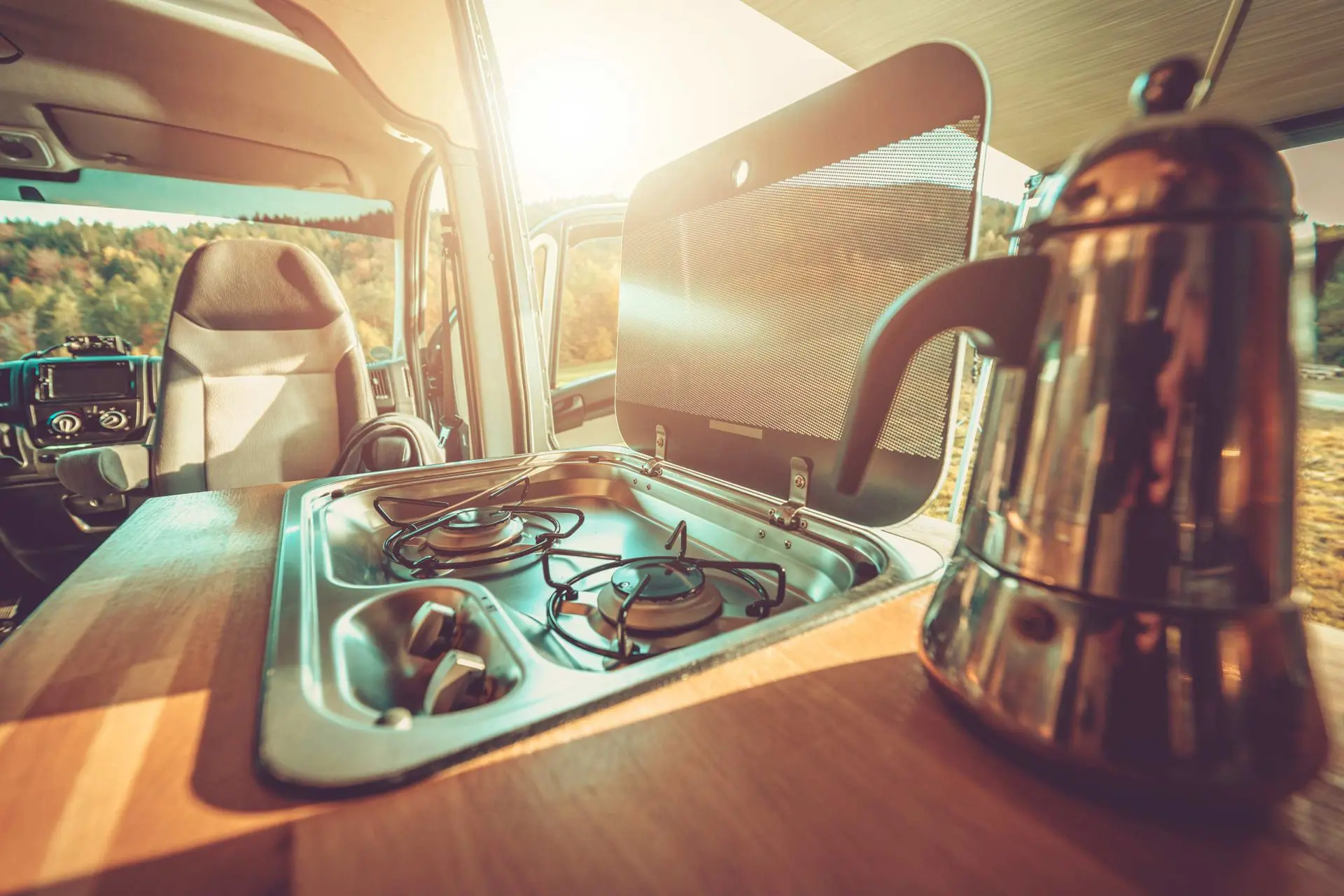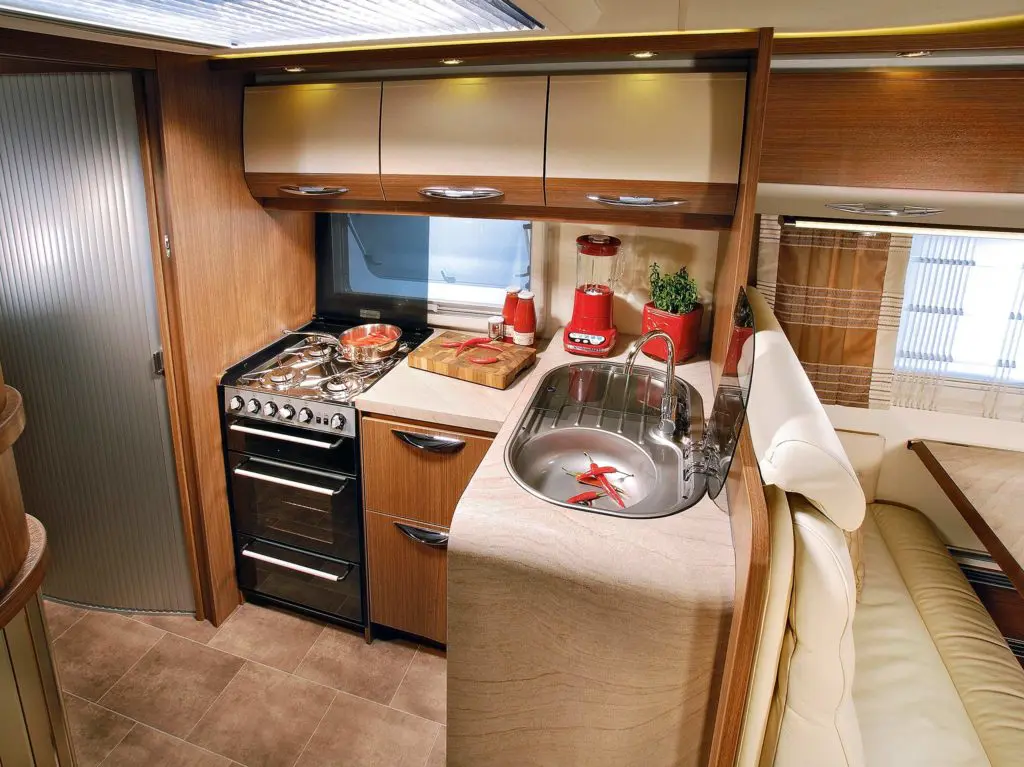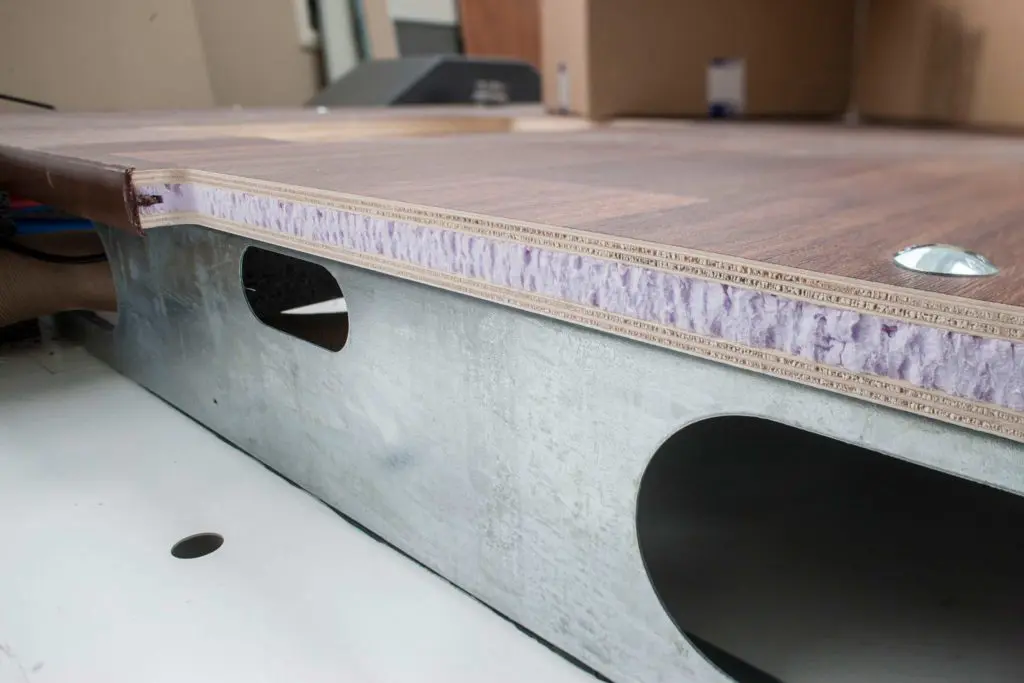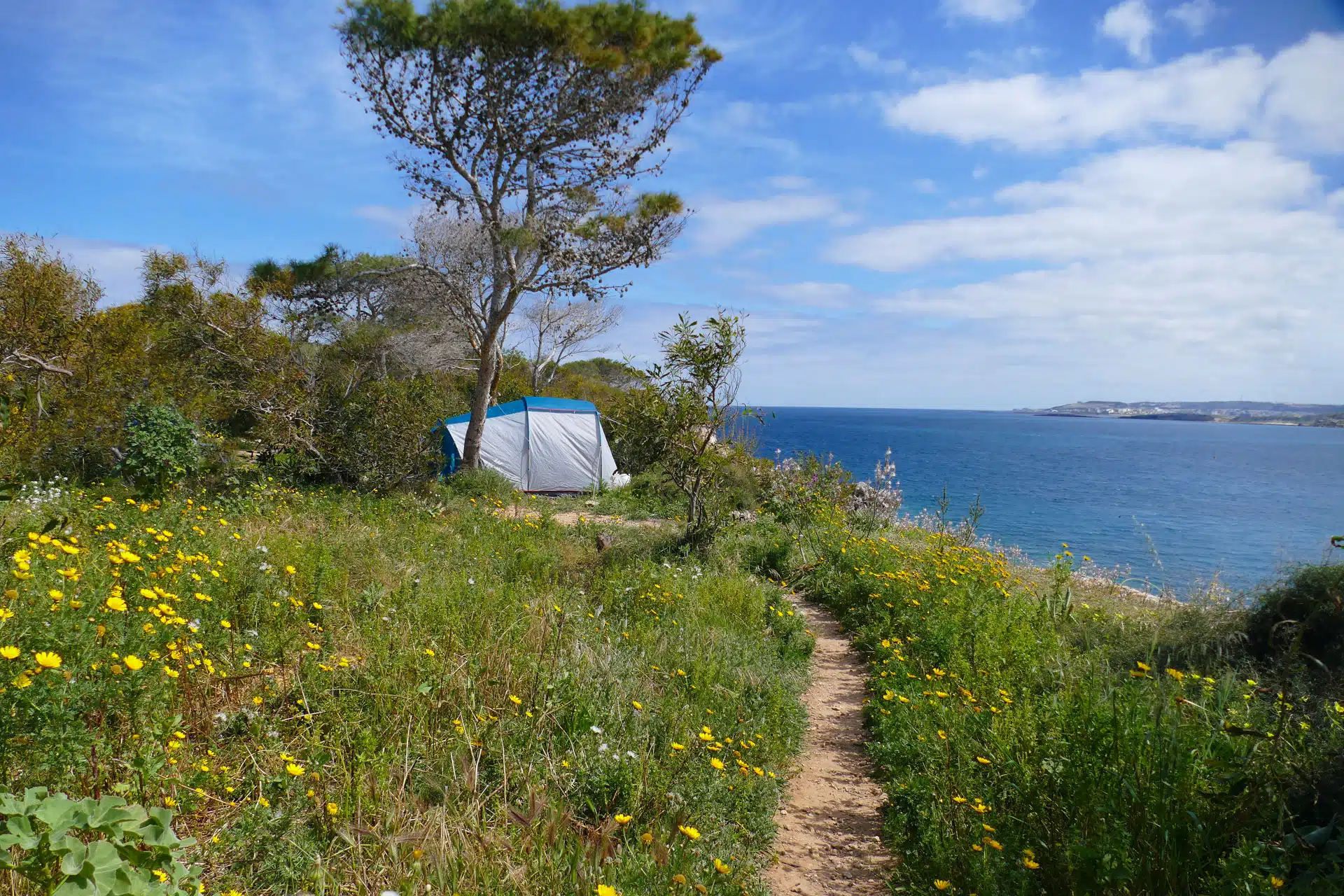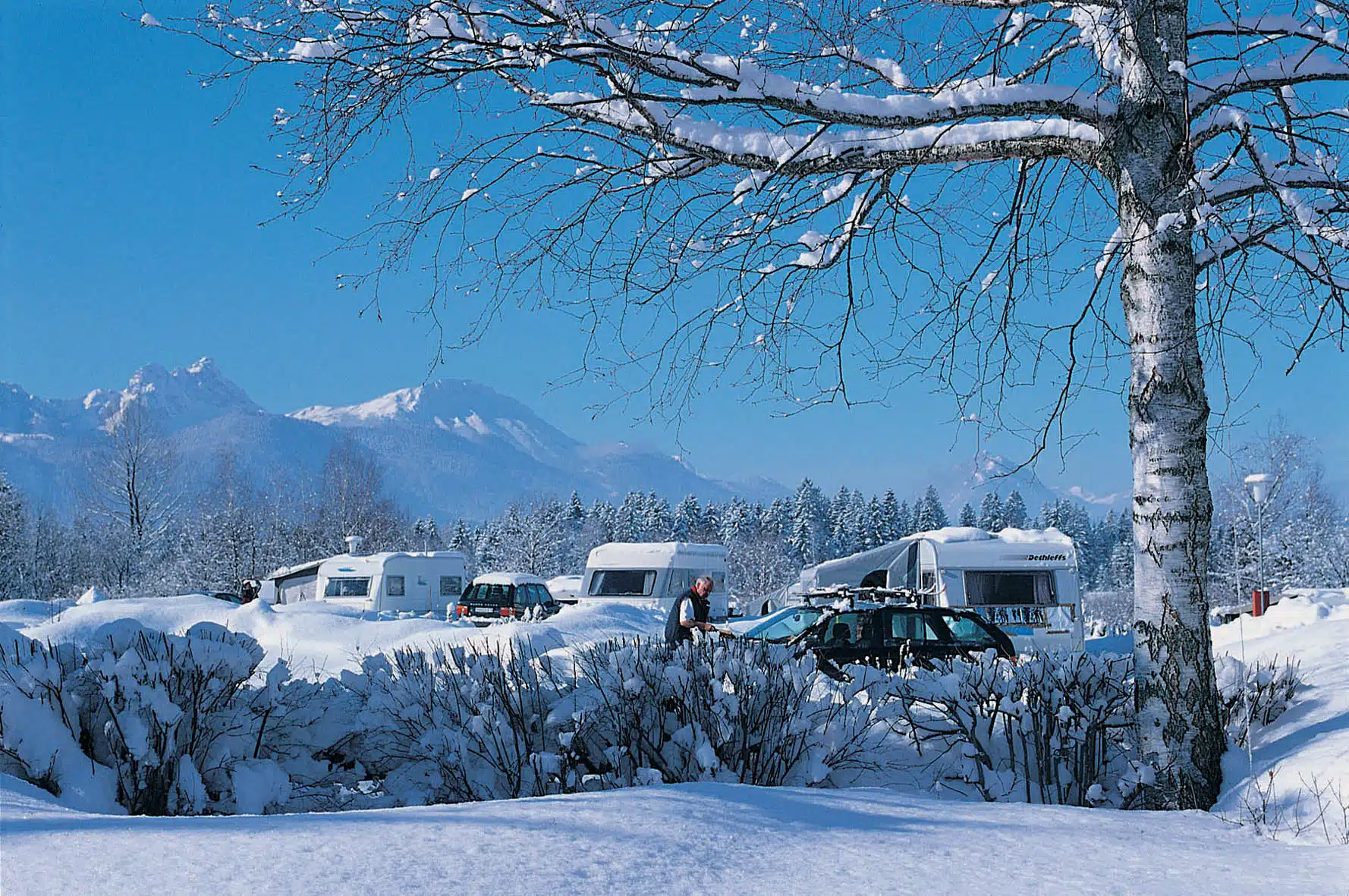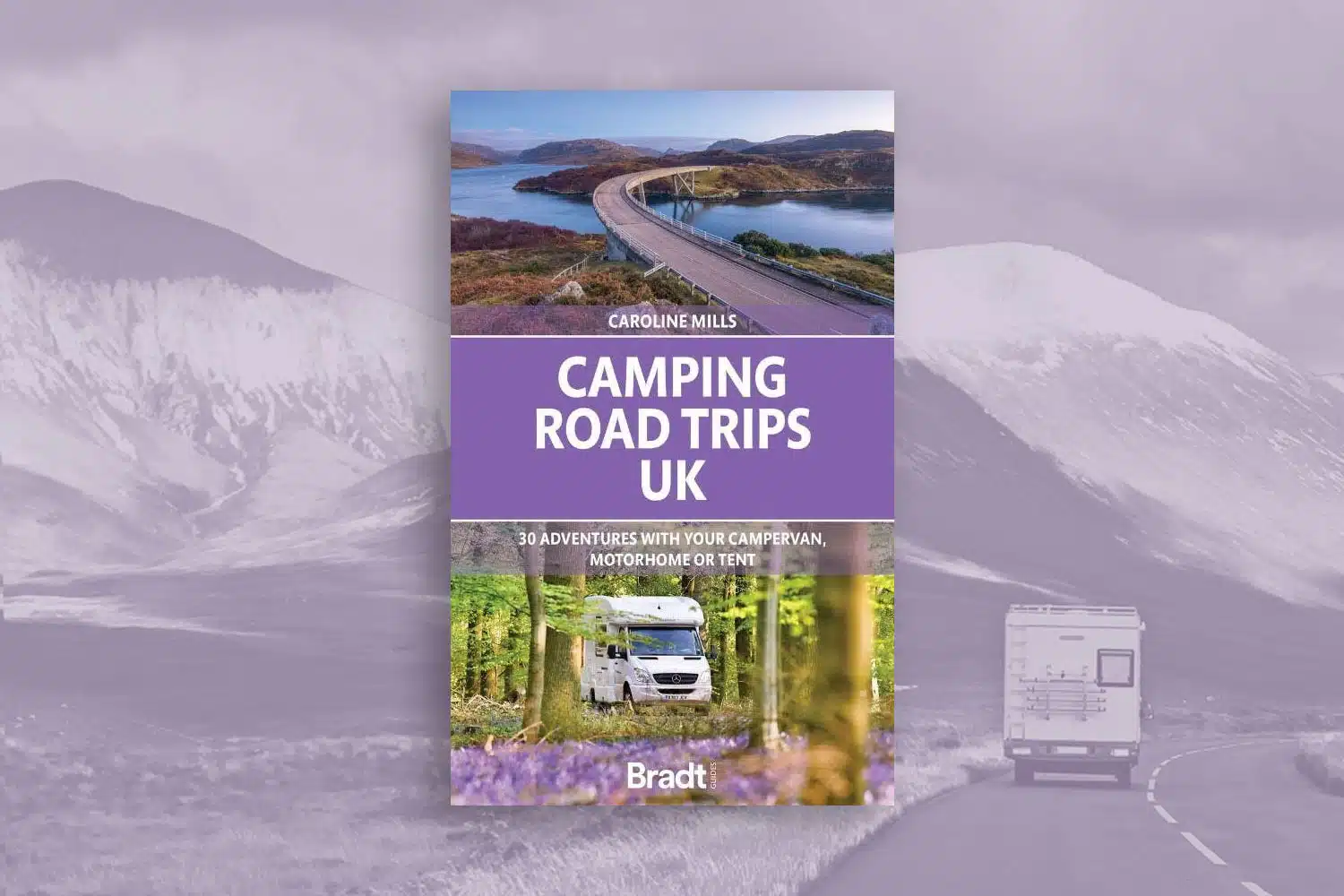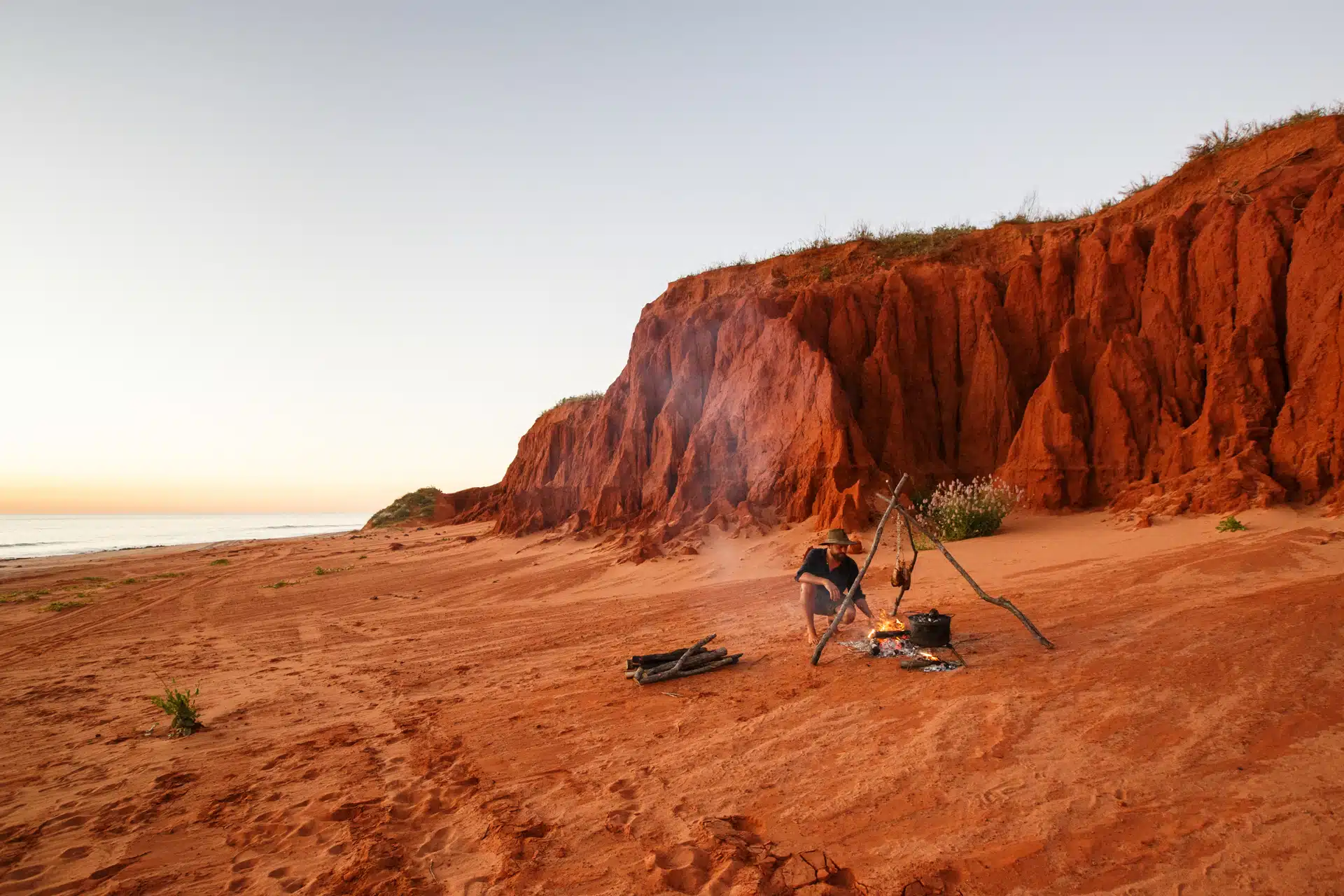Roaming wherever you fancy, whenever you feel like it, is one of the greatest freedoms that motorhomes can bring. But, unless you’re fully retired, there comes a stumbling block – employment and maybe kids in school mean you’re limited to a few weeks holiday a year and the occasional weekend away. Not so when you’re full-time touring. It may be that the current pandemic has allowed you to re-evaluate life and determine that a few months, a year, or longer, on the road is the way to go.
More and more people are seeing – and reaping – the benefits of taking time out from work – an adult gap year – or taking earlier retirement to see the world. And there are lots of parents keen to provide their kids with a more global education that, they feel, their children are not receiving in school. Motorhome touring is ideal – a home on wheels that allows you the freedom to tour, cook, learn, discover and explore whenever you want.
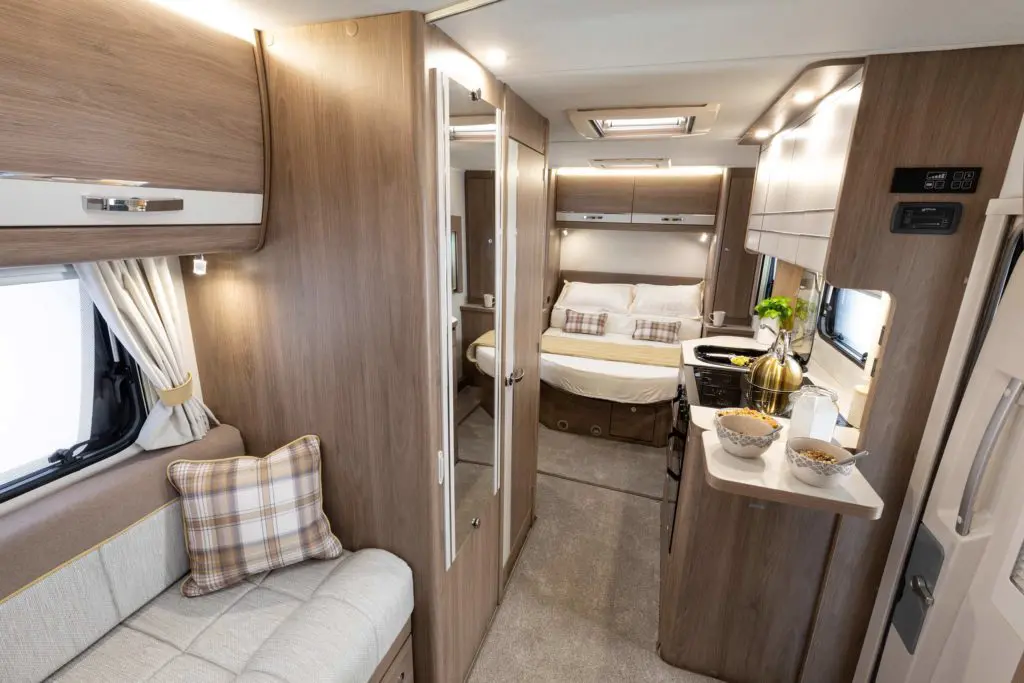
Full time touring?
‘For all-time’ can sound a bit dramatic, though there are lots of genuinely full-time motorhomers who have sold up everything to be permanently on tour.
But taking a defined period of time out – maybe six months or a year, or extended periods over a matter of weeks each year – to travel is liberating. It may be to over-winter in the sunnier climes of Southern Europe, or to make the most of the six-week school summer holiday.
It’s not a case of simply taking off – there’s lots of administrative planning to do in renting or selling a house, notifying schools or education authorities, checking long-term insurance, finance and so on – too much to detail here. But one of the most important aspects is making sure that you have a motorhome that’s fit for purpose.
One other aspect to consider if you plan on touring mainland Europe are new rules that came into force in 2021. Head to the government website for updates on what you’ll need to consider regarding driving documents, health insurance, passports, visas and length of stays over 90 days: https://www.gov.uk/visit-eu-switzerland-norway-iceland-liechtenstein
Fit for purpose
Most motorhomes are designed and built for short-term holidays – a few trips away each year for limited amounts of time when you’re accepting of compromise like possibly making beds up each night, limited cooking or kitchen facilities, or smaller amounts of living space. For extended touring, making a bed up each night begins to irritate after a while and not having decent cooking equipment can cost you a fortune eating out. Sitting bolt upright in a travelling seat when you’re spending most of your time outdoors in summer might not matter for a couple of weeks but head off to the slopes for winter and you may well be wishing for a comfortable sofa to stretch out on.
What to look out for
Read the smallprint and most motorhome manufacturers will safeguard themselves claiming that their vans are not designed for full-time use. That doesn’t mean to say a van is not suitable for full-time touring. But purchasing a van with enhanced build quality and ruggedness is, naturally, going to remain in better condition for longer than a budget-priced vehicle where manufacturing standards or, more so, the quality of fixtures and fittings are compromised.
What do I need?
Not, perhaps, as you’d expect – storage. You soon adapt to travelling lightly and vast quantities of storage space is not necessary – there are ways and means to strap skis or a surfboard to the roof, bike carriers can be attached to the rear of a van and all vans should have sufficient room for limited amounts of clothing and personal effects. How many suits and ties do you need to take away with you? Motorhomes with a rear garage can be useful for full-time touring, especially if you are taking children but, realistically, if you’re pottering from A to B at a slow pace, stocking up on supplies as and when is more convenient than taking the contents of your house with you.
Beds
Of the things that are necessary for extended touring, fixed beds are top of the list – including fixed bunks when touring with children. Putting up with juggling cushions, designed for sitting on over and above sleeping, to create a bed is fine for a few days – but you really will want a comfortable, purpose-designed bed that you can fall into each night. Not least, it means there’s no need to find somewhere to store bedding during the day.
Cooking
Even if you ‘don’t cook’, eating out simply isn’t economical for long-term touring so having an oven is essential, even if it’s to throw in a pizza or warm-up a pie. Continental-manufactured vans don’t always include an oven so if you find a model or layout that you otherwise like, it’s worth asking the dealer if it’s possible to have one fitted. If one dealer says it’s not possible, check with another – when one of our vans needed an oven one dealer was able to fit one when another had said it couldn’t be done.
Washing
When touring long-term, especially in mainland Europe, you might want to utilise the network of overnight stopovers rather than full-facility campsites to save on costs. Some vans compromise on washroom space in order to provide extra living area but finding a layout with a separate shower will prove more economical than paying pounds in a campsite or leisure centre simply to use the facilities. Having a good sized sink (whether kitchen or washroom) will also help in washing smalls rather than heading to the launderette every couple of days.
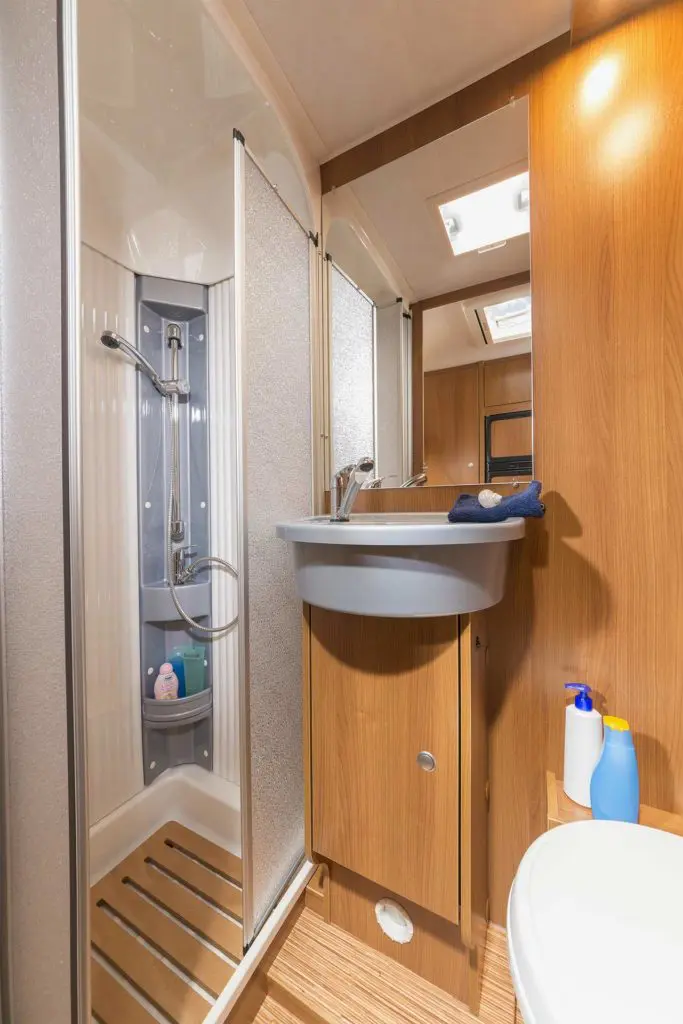
Living
If you’re travelling with kids, a dinette makes common sense for eating and also for studying if you’re home schooling. Dinettes usually mean compromise on bigger lounge areas, so if you’re a couple that are happy to eat utilising a pop-up, free-standing table, U-shaped seating tends to provide more comfortable lounging.
Upholstery
Unless you are the queen bee of cleaning, making sensible choices about upholstery goes without saying. Materials that are stain resistant will help for long-term touring but if they’re not, there are companies that can do this for you. Many manufacturers can offer a choice of fabric designs and grades of material so if you like the layout of a van but you see it with a really unpractical coloured fabric, ask about other options. If there are no alternatives, there are lots of companies that specialize in motorhome re-upholstery and for the sake of a few hundred pounds, getting seats recovered could well be worth the initial investment.
Insulation
Even if your sole purpose is to head to the sun, evenings can get chilly anywhere. So buying a van rated with Grade III Thermal Insulation and Heating classification will help to keep you toasty warm in winter – at least until you go beyond -15˚C!
Chassis
Long-term touring doesn’t necessarily mean always being on the road. Quite the opposite, you have more time to hang around an area you find attractive and move on slowly.
Wherever you are and however far you intend on going, having a reliable chassis and a Europe-wide network of back-up service centres provides peace of mind so that, if things do go wrong, servicing and repairs are quick, easy and cost-efficient. Most coachbuilts, compact leisure vehicles and A-class vans are built upon Fiat, Ford, Mercedes and Peugeot chassis, with Volkswagen and Ford used for smaller campervan conversions. Buying a motorhome built on an obscure chassis, just because it’s cheaper, could be costly long-term.
Unique to you
Finding exactly the right van with the right layout, equipment, furnishings and facilities, not to mention engine size or chassis, is rare. There’s usually compromise somewhere. There are some manufacturers that can offer bespoke features and a greater list of options on engine size, furnishings or even changes to the layout.
Companies that offer a bespoke service include Auto-Sleepers, IH Motorhomes and Frankia, while Auto-Trail has three exterior profiles to almost every coachbuilt model plus internal layout options (dinette or no-dinette, for example) and furnishing options, making hundreds of permutations for you to get just the right van for your needs.
Space vs efficiency
Large with more space for long-term comfort but potentially less efficiency on the road or a smaller-size, more aerodynamic van with greater fuel economy but possibly compromising on equipment and space? It’s one of the greatest dilemmas that only you can really answer once you’ve worked out where and how far you think you might go and how you plan to use your van. That said, if you’re using the van as your day-to-day vehicle, you should attempt to find the smallest that you can be comfortable long-term in, for the sake of parking up. If you’re thinking of going beyond Europe and exploring the rest of the world, well you may need an overland vehicle – and that’s a whole different ball game!

